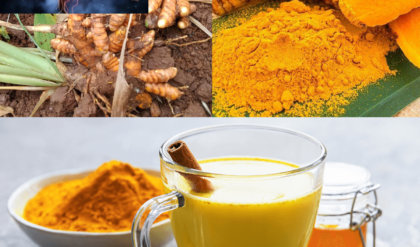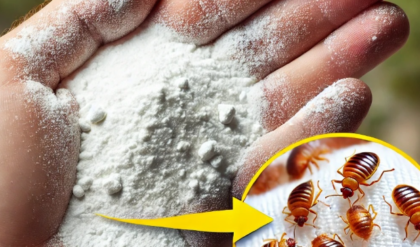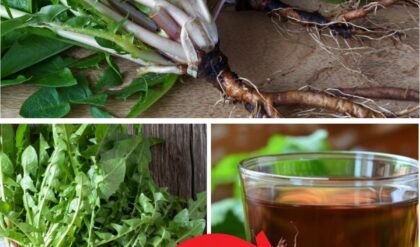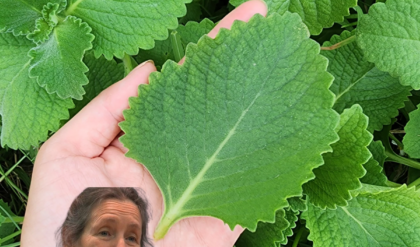While store-bought pest control products can be helpful in certain situations, they often fall short in effectiveness and reliability. Occasionally, you might find yourself needing to address a pest problem without specialized tools on hand—for instance, confronting a house centipede or large spider with no pesticides available. In such urgent situations, quick action becomes essential, especially for individuals with phobias or sensitivities.
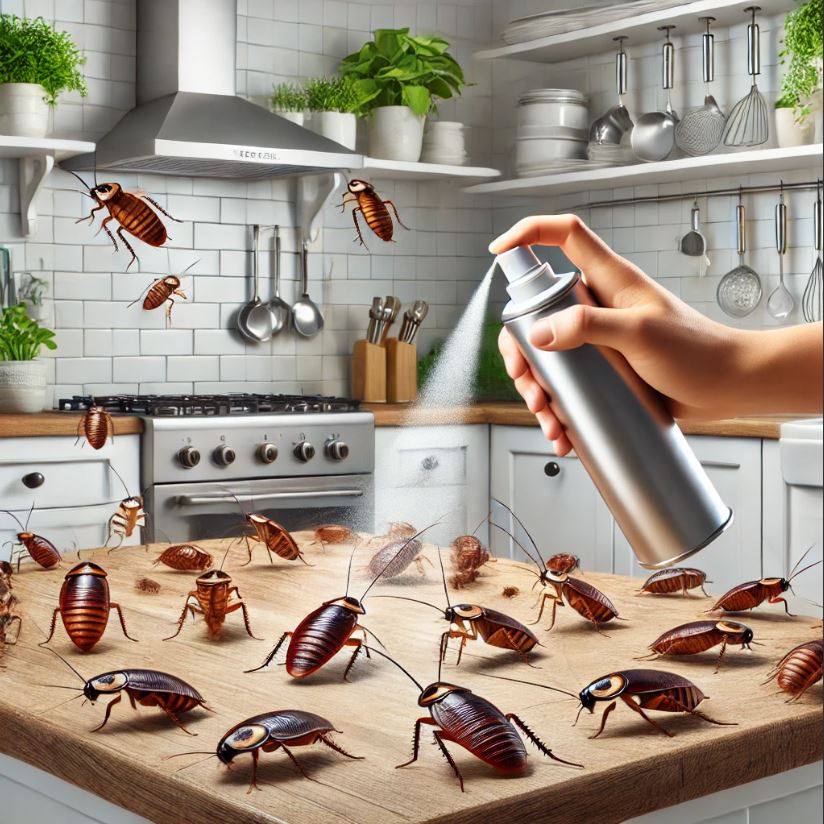
Fortunately, many household products can serve as makeshift pest control solutions. Although not specifically designed for extermination, these common items can often kill or repel pests effectively in the short term. From cleaning supplies to food items, an online search for DIY pest control yields countless suggestions, ranging from practical to experimental. While some methods are supported by science, others may produce mixed results, meaning outcomes can vary depending on the product, pest type, and application.
Understanding Your Pest Problem: Why Specificity Matters
The success of any pest control effort depends on accurately identifying the pest in question. Different species require targeted approaches, as flying insects demand different solutions than crawling pests, and distinct habitats within your home affect treatment methods. By learning more about the specific pest, you can maximize the effectiveness of DIY treatments and apply them strategically.
Common household pests that can often be managed with DIY solutions include spiders, cockroaches, ants, centipedes, flies, and mosquitoes. While household products may stun, repel, or kill these pests, their efficacy varies. Here, we outline some of the most effective household solutions and their expected results.
Cleaning Products as Pest Control Tools
Cleaning products are among the most effective tools for DIY pest control. Regular cleaning reduces food crumbs, moisture, and clutter, which in turn minimizes the conditions that attract pests. Wiping down surfaces, sweeping, and vacuuming floors can help eliminate food sources, slow reproduction, and reduce pest activity.
Some cleaning products can also be used as direct pest control solutions. For instance, Windex is highly toxic to spiders and small insects, killing them on contact. A diluted mixture of laundry detergent or dish soap sprayed in areas where flies or other insects are active can trap or eliminate them. Fabric softener sheets, especially those containing linalool, can repel flying insects like mosquitoes and pantry beetles when placed strategically around the home. Boric acid or Borax, commonly used as laundry powder, works well for ants and cockroaches. Mothballs are effective for enclosed spaces but should be used cautiously due to potential toxicity to humans and pets. Bleach cleaners can kill pests on contact but may damage surfaces.
Essential Oils for Pest Control
Essential oils are a popular option for repelling and even killing pests. Oils such as peppermint, eucalyptus, lavender, and cedar have natural pest-repelling properties. A homemade essential oil spray can be created by mixing 15 to 25 drops of essential oil in a quart of water and applying it to areas where pests are active. Cedar oil is particularly effective, as it dehydrates and kills insects like cockroaches and ants. While essential oils can deter pests temporarily, they require frequent reapplication to remain effective.
Using Herbs, Spices, and Food Items to Repel Pests
Many household herbs and spices, such as mint, basil, rosemary, and cloves, are natural pest deterrents. These can be placed in areas where pests are present or used in homemade sprays. Common food items like vinegar, lemons, and onions can also repel or kill pests. For example, white vinegar can disrupt ant pheromone trails, while apple cider vinegar mixed with dish soap is effective in trapping fruit flies. Cornmeal, when placed near ant colonies, can kill them over time as they are unable to digest it. Coffee grounds and garlic can also serve as natural pest repellents.
Limitations of DIY Pest Control
Although DIY methods can be helpful, they often work better for prevention rather than extermination. Many household products only repel pests temporarily and require frequent reapplication. Solutions like baits or diatomaceous earth may take weeks to reduce pest populations and require ongoing maintenance. In some cases, DIY methods may push pests to other parts of the home, making infestations harder to control.
Household products also come with potential risks. While they are convenient, some are toxic if ingested or inhaled by children or pets. Professional pest control treatments, by contrast, are designed to be fast-acting, long-lasting, and safe for humans and animals after drying.
When to Call a Professional
For persistent or severe infestations, professional pest control is the most reliable option. Trained technicians use eco-friendly and targeted treatments that provide faster and more effective results. Professional solutions are also tailored to specific pests and can prevent future infestations through comprehensive pest management plans.
For residents of Northern Virginia, ExtermPRO offers safe and efficient pest control services. With a team of experienced technicians and carefully chosen treatments, ExtermPRO provides dependable results for homes in Gainesville, Haymarket, Bristow, Centreville, and surrounding areas. Contact ExtermPRO today to learn how their services can protect your home from pests year-round.
